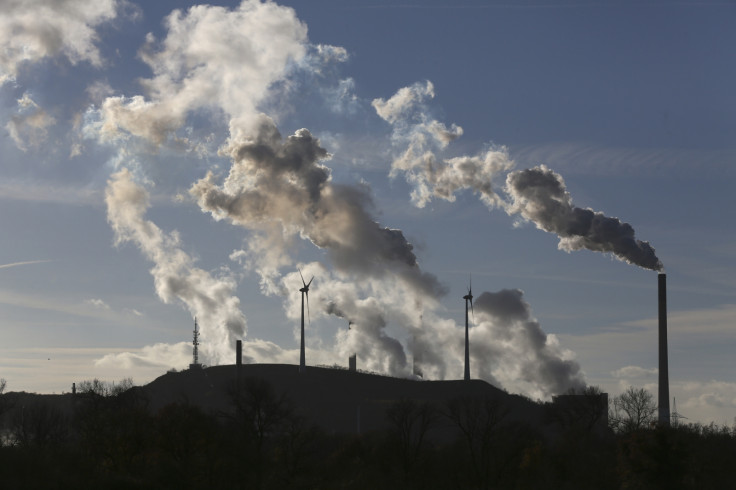Climate sceptics 'stripped of last-ditch argument' with random variations in global warming

Climate change sceptics have been "stripped of one of their last-ditch arguments" about global warming, scientists have said.
Researchers from the Max Planck Institute for Meteorology in Hamburg and the University of Leeds have said the slowdown in global warming is the result of random variations, with no systematic errors in climate models.
Published in the journal Nature, the authors look at the internal variability in global temperature trends and finding that model predictions are reliable.
The rate of global warming in the 21<sup>st century has been far slower than predicted by climate models, leading climate change deniers to claim this shows current evidence is wrong and that global warming is not a result of man-made activity.
However, the researchers say the unexpected slowdown – observed since the late 1990s – is not because of errors in climate modes, but from random fluctuations in Earth's climate.
Through statistical analysis of the gap between calculated and measured warming, findings showed models do not overestimate man-made climate change.
Instead, they explain the global warming hiatus through random fluctuations from the chaotic processes that govern our climate. They found no conceptual errors in 114 climate models, or that the models react too sensitively to increases in atmospheric carbon dioxide.
Jochem Marotzke, from the Max Planck Institute for Meteorology, said: "The claim that climate models systematically overestimate global warming caused by rising greenhouse gas concentrations is wrong. On the whole, the simulated trends agreed well with the observations."

The scientists compared simulated and observed temperature trends over all 15 year periods from the start of the 20<sup>th century, examining what models predicted for each subsequent 15 years. All model calculations reflected reality quite well.
"On the whole, the simulated trends agree with the observations," Marotzke said.
The team then looked at why simulations arrived at different results by taking into account individual factors, like radiant energy from the sun or energy stored in the Earth. None of the physical factors explains the distribution of predictions or deviations from the measurements, but random variation did.
Findings also refute claims that models react too sensitively to increases in atmospheric CO2.
An editor's summery of the report said: "They show that at any one time the observed warming might be at the upper or lower limit of simulated rates, but there is no evidence of a systematic bias in the model process. Rather, any particular difference is likely to be the result of either internal variability or variability in the radiative forcings used as model inputs.
"The authors conclude that the suggestion is unfounded that climate models systematically overestimate the response to radiative forcing from increasing greenhouse gas concentrations."
Researchers say their findings suggest climatologists have been correct in their predictions, meaning the planet will continue to warm, with devastating consequences.
© Copyright IBTimes 2025. All rights reserved.





















